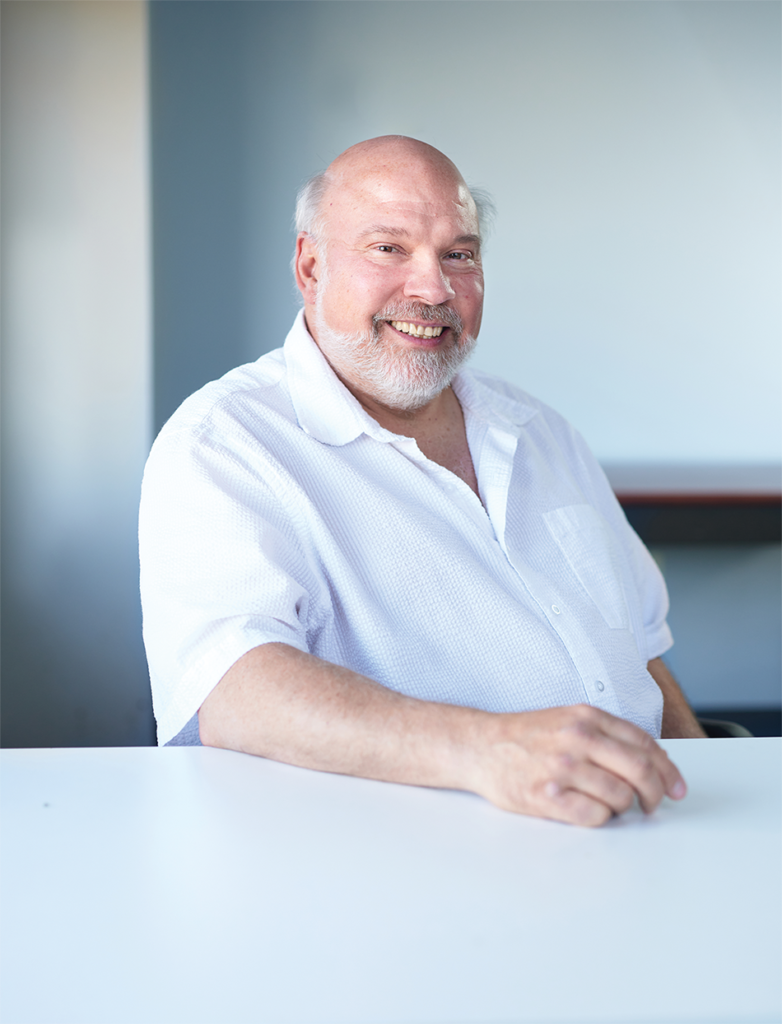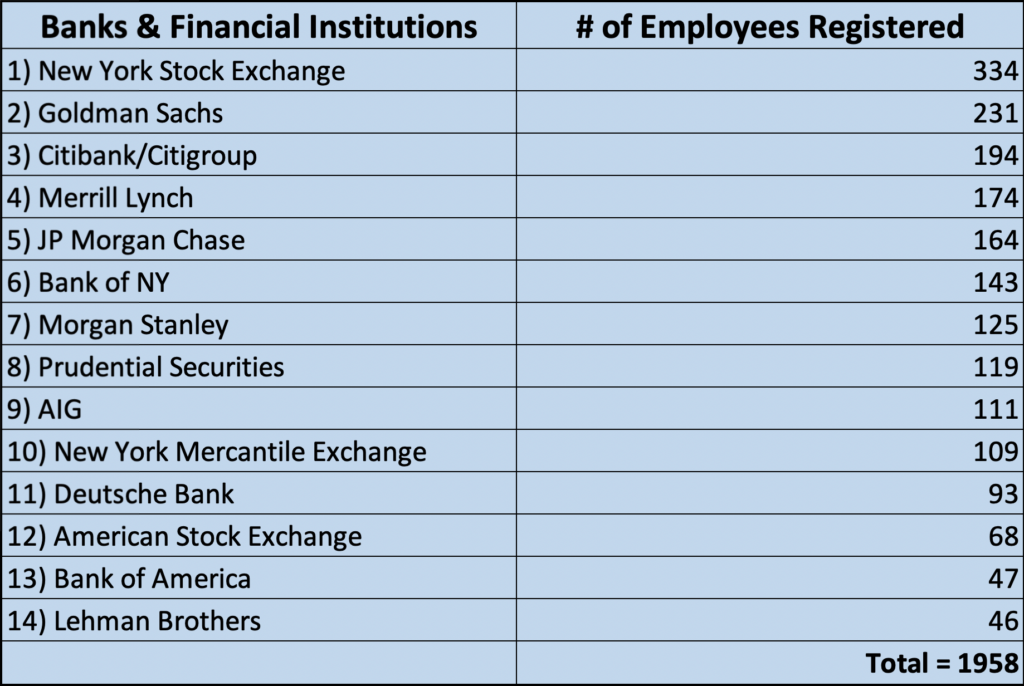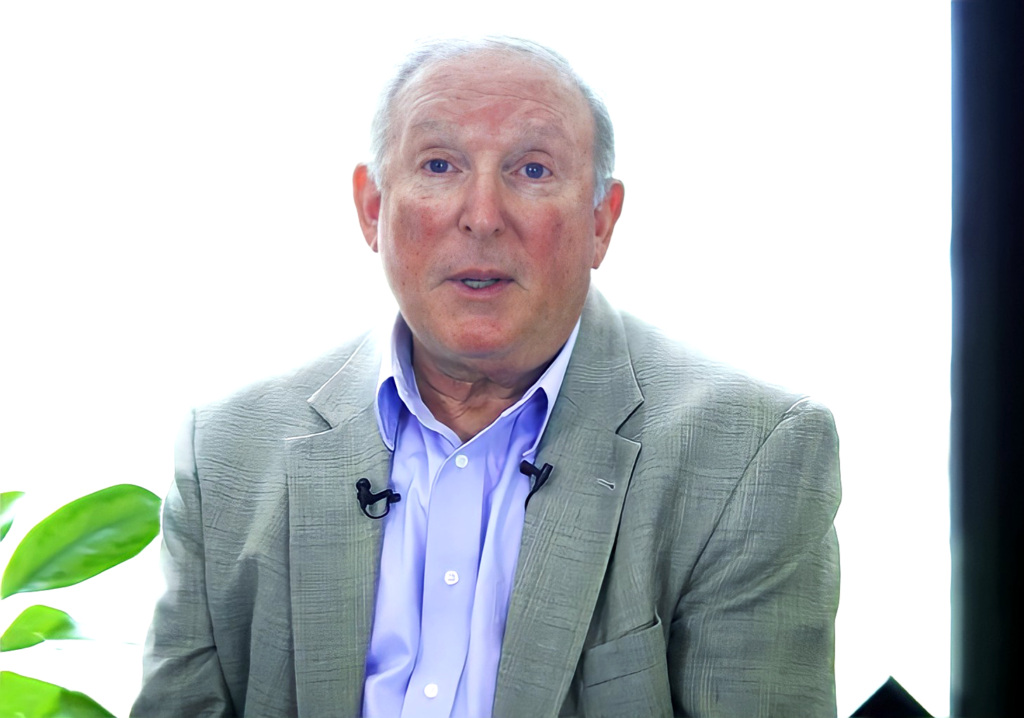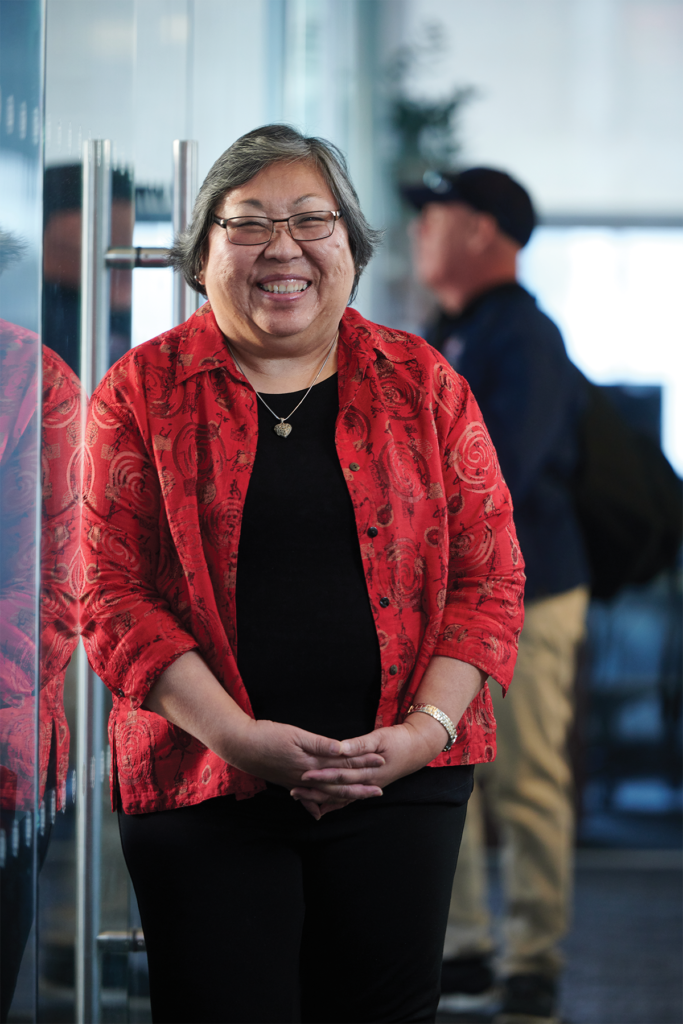Victim Compensation Fund • WTC Health Program
Troubling News: Fewer than 10% of Non-Responders Have Enrolled in the Health Program or VCF, 20-Years After Terror Attacks
Retiree Group Says, Corporate HR Departments can and should do more to help victims
A national retiree group is urging Wall Street’s leading banks and financial institutions, with offices in Lower Manhattan at the time of the 9/11 terrorist attacks to do more to help educate their current and former workers and retirees about the two governmental programs available to them as a result of their exposure to 9/11 toxins. More than half a million people were exposed to deadly toxins from the terrorist attacks, 80% of whom, about 400,000 people, were civilian non-first responders.
Of those civilians, fewer than 10% have enrolled in the free WTC Health Program, in contrast to 80% of first responders who have signed up.
“While half a million people were exposed to 9/11 toxins in Lower Manhattan, it’s a sad reality that only some 7.5% of civilians who either worked, lived or went to school nearby have registered for medical care and health screenings,” said Edward Stone, Executive Director and General Counsel of the non-profit Retirees for Justice. “This means that nearly 93% of all others remain in the dark, much to the detriment of their health and survival in their retirement years, and the long-term security of their families.”
“As we approach the 20th Anniversary of the terrorist attacks, this leaves our nation with a crisis. We believe leading Wall Street institutions not only have the opportunity to take action but the moral imperative to educate, inform and lead an effort to enroll ex-employees for free federal programs that will protect their families when they become ill.”
Ken Muller, Goldman Sachs: “I was on my way to work when the first plane hit. I was working for Goldman Sachs. I actually worked for them for a total of 21 years. I always thought that those programs were geared for the firemen and the police officers, but I’m one of the victims, too.”

In an effort to get financial markets and New York operating quickly in September 2001, Environmental Protection Agency leader, Christine Todd Whitman, said, just days after the attacks, “Given the scope of the tragedy from last week, I am glad to reassure the people of New York and Washington, D.C., that their air is safe to breathe and their water is safe to drink.” That statement was not accurate.
The Wall Street workforce hurried back to Lower Manhattan to illustrate that America could not be defeated. Now workers from those major firms are among the sick and dying. They include workers from Goldman Sachs, JP Morgan, Merrill Lynch, Bank of New York, Chase, Citigroup, Bank of America, Prudential, AIG, New York Stock Exchange, NY Mercantile Exchange, Lehman Brothers, and more.

September 11, 2021 marks the 20th anniversary of the terrorist attacks and the nearly immediate return to Wall Street on September 17.
Congress long ago established a fund to provide lifetime medical screenings, healthcare, and compensation to downtown workers who become seriously ill or die, so it will not cost Wall Street firms anything to simply educate and inform their former employees. The government now recognizes 68 different cancers, respiratory and other health issues afflicting the 9/11 community.
Anyone who lived, worked or went to school in Lower Manhattan, south of Canal Street, between Sept. 11, 2001, to and May 30, 2002, is eligible for healthcare and potentially compensation.
Jeff Flynn, EMC2 Corp: “…. I wound up with male breast cancer. I felt a lump in my chest—which I didn’t even know males could get breast cancer so I thought it was a cyst. I did get a monetary award from the Victim Compensation Fund which has been lifechanging. They did an unbelievable job in handling and got it settled expeditiously.”

Yvonne Phang, Professor, BMCC: “I didn’t realize that I was entitled to the health care program and an award from the compensation fund by virtue of the fact that I was a teacher in the exposure area. All of our health was put in danger. My classroom was on the sixth floor, and when the wind was blowing from Ground Zero toward the school, all my students and I had to cover our noses. We heard from Christine Whitman that they tested the air, and it was quite safe to come back, but I was having a lot of sinus issues, and I couldn’t breathe. Many of my colleagues and students were suffering from similar respiratory issues. Then, 16 years later, I was diagnosed with breast cancer, and it just seemed like it came out of nowhere. There was no history in my family of anyone getting breast cancer.”

Civilians, including financial industry workers, were just as exposed and equally likely to become sick, but unfortunately, many have simply not taken advantage of the federal programs at nearly the same level.
“It wouldn’t cost any of these companies a dime to reach out to their employees working for them in 2001 and alert them of the health benefits available to them,” says John Feal, founder of the Feal Good Foundation. “Unless they speak up and act, these massive companies likely are not concerned about their ex-employees, many whom likely retired years ago. I urge all employers in the area at the time to reach out their workforce and guide them.”
“It is never too late to be a good Samaritan and good corporate citizen,” said 9/11 legal advocate Michael Barasch, founder and partner of Barasch & McGarry, which advocates for the largest group of 9/11 registrants under the Zadroga Act and provided the retiree advocacy group a review of its 9/11 registrant database. “It is absolutely clear that many civilian workers do not know that they are eligible to receive benefits from the World Trade Center Health Program or the 9/11 Victim Compensation Fund. I implore everyone to be your neighbor’s advocate and help guide them to obtain the protections and benefits they are entitled to.”

Leave a comment